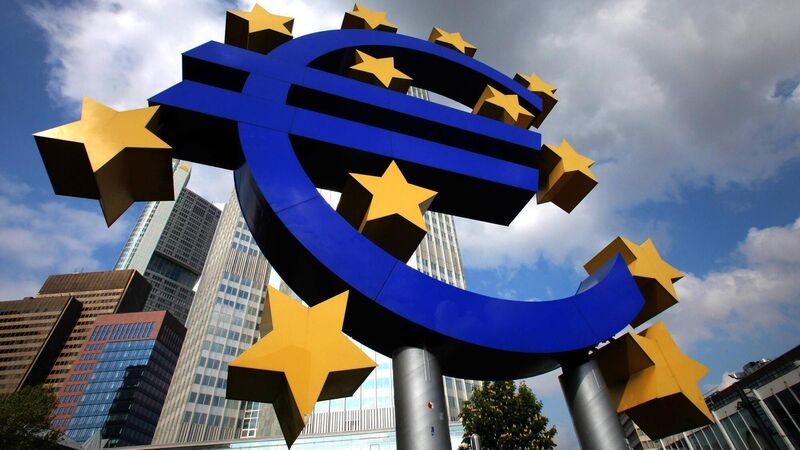Eurozone wage growth slows, boosting case for another ECB cut

Second-quarter negotiated pay rose 3.6% from a year ago. Picture: Hannelore Foerster/Bloomberg via Getty Images
A key gauge of eurozone wages eased — reinforcing the case for the European Central Bank (ECB) to continue lowering interest rates next month.
Second-quarter negotiated pay rose 3.6% from a year ago, the ECB said Thursday. That is down from 4.7% in the previous three months and broadly in line with estimates from Bloomberg Economics, as well as analysts at Morgan Stanley and Citi.














